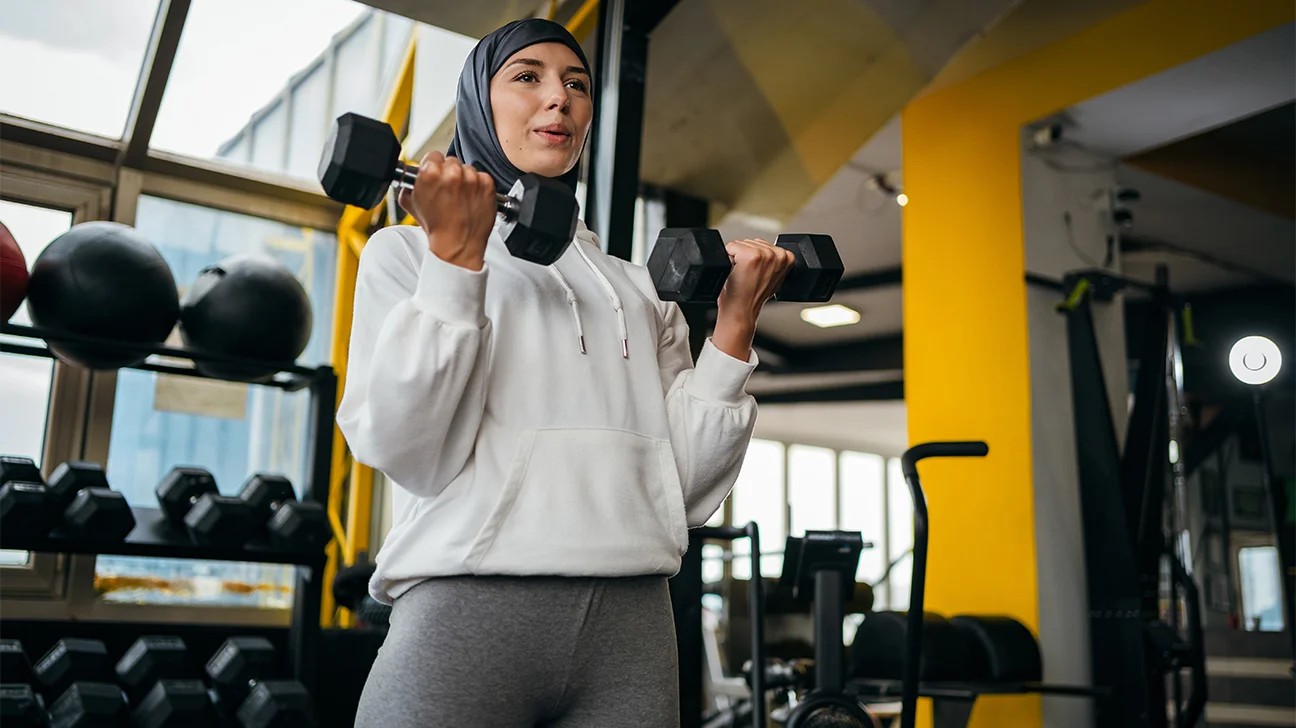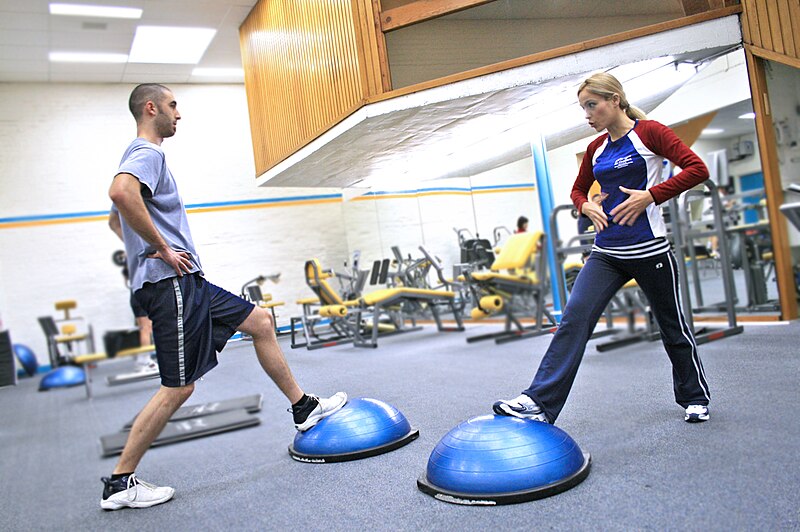When it comes to exercising for optimal health, there is no one-size-fits-all approach. An exercise routine that works wonders for one person may not yield the same results for someone else. Today we will share the numerous factors that influence an individual’s specific exercise requirements. From genetic predispositions and fitness goals to age, weight, and preexisting conditions – we’ll examine how these variables shape ideal workout intensities, durations, and modalities. We will find out the reasons behind personalized exercise for creating tailored fitness plans that maximize effectiveness and safety.

Contents
Why Do Exercise Needs Vary Between Individuals?
Exercise needs definitely vary between people, and there are several key factors that influence this:
1. Fitness Goals:
Building Muscle vs. Weight Loss: Someone aiming to build muscle mass will need a different exercise program compared to someone focused on weight loss. Muscle building often involves weight training with moderate intensity and longer rest periods, while weight loss might involve more cardio with shorter rest periods to burn more calories.
2. Fitness Level:
Beginner vs. Advanced: Beginners need to start slow and gradually increase intensity and duration to avoid injury. Advanced athletes can push themselves harder with more challenging routines.
3. Age:
Younger vs. Older Adults: Younger adults generally have a higher tolerance for intense exercise. Older adults may need lower-impact activities that focus on maintaining flexibility, balance, and strength.
4. Body Composition:
Muscle Mass vs. Body Fat: People with more muscle mass tend to burn more calories at rest, so they might require a more intense workout to achieve the same results as someone with a higher body fat percentage.

5. Health Conditions:
Pre-existing health issues can significantly impact exercise needs. Some conditions might require modifications or limitations on certain activities. Consulting a doctor before starting any exercise program is crucial, especially if you have any health concerns.
6. Personal Preferences:
Enjoyment is Key: People are more likely to stick with an exercise routine they enjoy. Some might prefer team sports, dancing, swimming, or yoga, while others favor weightlifting or running. Finding activities you find fun is essential for long-term consistency.
What Are The Benefits Of An Individualized Exercise Program?

An individualized exercise program offers several advantages over a generic one-size-fits-all approach. Here are some key benefits:
-
Increased Safety and Injury Prevention: A tailored program considers your fitness level, any limitations, and potential injuries. This reduces the risk of pushing yourself too hard or performing exercises that could cause harm.
-
Faster Achievement of Goals: By pinpointing your specific goals (weight loss, muscle building, improved endurance), the program can target the right exercises and intensity to get you there quicker.
-
Greater Motivation and Enjoyment: An individualized program incorporates activities you enjoy and caters to your fitness level, making exercise more engaging and preventing boredom. This leads to better adherence and long-term consistency.
-
Improved Efficiency: Generic plans might waste time on exercises that don’t target your specific needs. Individualized programs focus on exercises that deliver the most significant results for you.
-
Accommodates Limitations: If you have any physical limitations, injuries, or health conditions, a customized program can be designed to work around them or focus on areas you can safely improve.
-
Addresses Specific Needs: Individualized plans can target areas you want to focus on, such as core strength, flexibility, or balance, ensuring a well-rounded approach to fitness.
-
Professional Guidance: Often, a personalized program comes with guidance from a certified trainer or physical therapist. They can provide proper technique instruction, monitor progress, and adjust the program as needed.
How To Plan Your Perfect Workout Routine?
When it comes to planning your ideal exercise regimen, there are a few key factors to consider to ensure that it is tailored to your individual needs. Here are some essential steps to help you create a personalized workout plan:

- Assess Your Fitness Goals: Begin by determining what you want to achieve through your exercise routine. Whether it’s weight loss, muscle gain, or overall fitness improvement, clearly define your objectives.
- Consider Your Current Fitness Level: Take into account your current fitness level and any medical conditions or physical limitations you may have. This will help you set realistic goals and avoid injury.
- Choose the Right Activities: Select exercises that you enjoy and that align with your fitness goals. Whether it’s running, swimming, weightlifting, or yoga, incorporating activities you like will keep you motivated.
- Set a Realistic Schedule: Plan your workouts based on your availability and lifestyle. Be realistic about the time you can commit to exercise each week and schedule sessions accordingly.
- Monitor Your Progress: Keep track of your workouts, progress, and any changes in your fitness levels. This will help you adjust your exercise regimen as needed to continue seeing results.
- Seek Professional Guidance: Consider consulting a fitness trainer or healthcare provider to help you design a safe and effective exercise program that meets your individual needs.
Frequently Asked Questions
Why is creating an individualized exercise program important?
Creating an individualized exercise program is important to meet specific needs for optimal results, efficiency, motivation, and safety. It ensures that the workout plan is tailored to your fitness goals, current fitness levels, limitations, enjoyable activities, realistic schedule, progress monitoring, and professional guidance.
How much exercise is recommended per week?
General guidelines recommend at least 150 minutes of moderate aerobic activity, 75 minutes of vigorous aerobic activity weekly, and strength training. The amount of exercise needed varies based on fitness goals, health status, age, and personal factors.
What are the key elements for success in achieving fitness goals effectively?
Tailoring exercise routines to specific goals, considering health conditions, listening to your body’s signals, and maintaining consistency are key elements for success in achieving fitness goals effectively. These factors help in personalizing workouts for optimal results.

Hello, I’m Ravindra. Over the years, I’ve immersed myself deeply into the world of fitness and health, transforming both my body and mind. Writing has allowed me to share my journey, insights, and expertise with those just starting out and seasoned fitness enthusiasts alike. Beyond just routines and diets, I believe in inspiring others to adopt a holistic approach to well-being.
